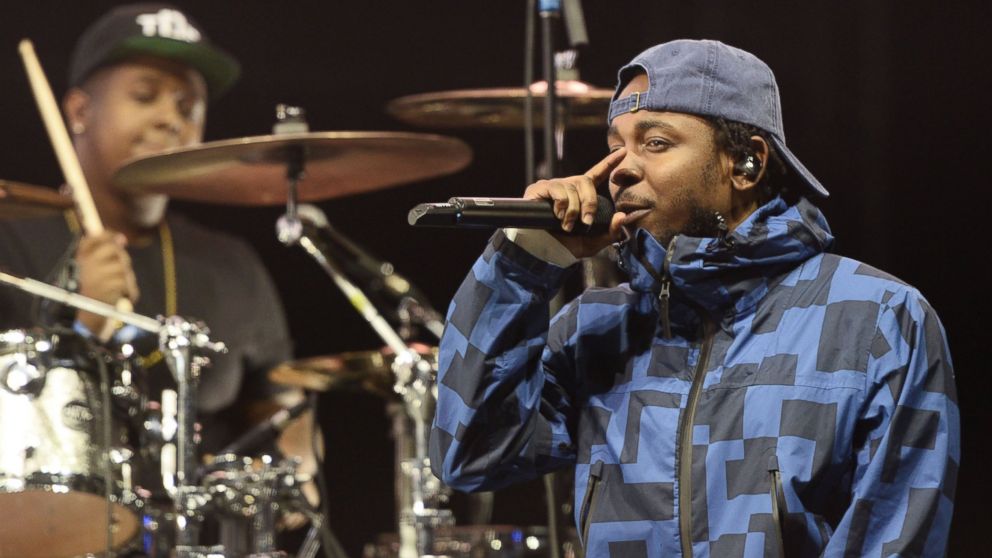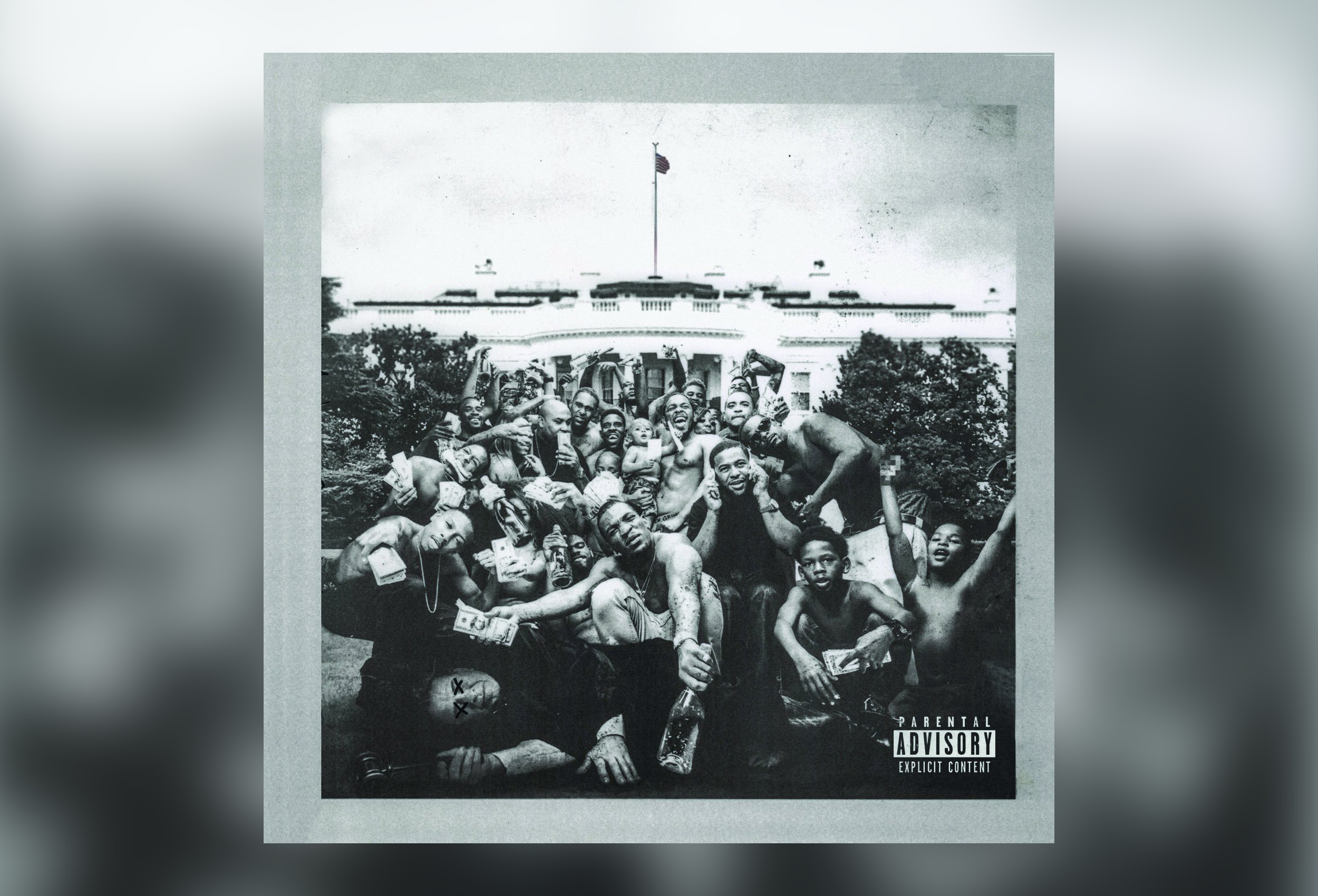Kendrick Lamar's 'To Pimp A Butterfly' Music Review
Get the ABC News review of the new album.

— -- Rapper Kendrick Lamar just dropped one of the most fascinating records of 2015.
“To Pimp A Butterfly” is his chaotic, psychedelic, unapologetically militant, sexually and socially charged follow-up to his breakthrough, “Good Kid, M.A.A.D. City.”
In fact, as strong as that album was, this one is better and more compelling, anchored in retro-soul, funk and jazz. This feels like an updated statement from the socially-conscious works of the late-sixties and early seventies, and it is an album packed with tremendous complexity. This isn’t a record that is easy to consume. It is often coarse and has its harsh moments. But Lamar’s intent is to be honest and never to sugar-coat.
As Lamar says in “The Blacker The Berry,” “I’m the biggest hypocrite of 2015.” And yes, this is a record that sometimes contradicts itself. This is an album of obvious black pride and yet, still the n-word is a regular occurrence. Lamar tries to justify this by stating at the end of “i” that the Ethiopian word for “royalty” is “Negus.” This album is firmly anchored in social consciousness. It mixes anger, sadness, fear and wishes for love in a volatile, potent concoction. The authoritatively funky “King Kunta” and the Isley Brothers-sampling single, “i” are both excellent examples of what this collection offers. Within a midst of fury, Lamar declares, “I love myself” in the face of a society that is seemingly against him.
“To Pimp A Butterfly” is an obvious work of post-Ferguson and post Trayvon Martin America. It is a seething, compelling plea for peace and equality filtered through gritty tales of the Compton streets. That underlying message may be muted to some, but if you dig deeply enough, it is there as clear as day.
The concepts of black royalty and self-respect are both threads that run deeply through this album, as Lamar reinvents himself as a finger-snapping, spoken-word beat-poet, rhyming over live instrumentation. Weirdest of all is the moment at the end of the album’s closer, “Mortal Man,” where Lamar inserts himself into a 1994 interview of Tupac Shakur. The fact that this interview is 21 years old and comes from the grave is stirring.
There are stray hints of optimism spread throughout these tracks. On “Alright,” Lamar repeats, “We gonna be alright!” This whole album is about survival in the face of hardship and the battle against societal underestimation. It is his view of what it is like to be black in this country. This will definitely open up conversations and that is Lamar’s clear intension. Recent incidents like what happened on that University of Oklahoma SAE fraternity bus last week prove that fifty years after Selma, America still has a long way to go when it comes to issues of race. We’ve made progress, but there are still mountains to climb. “To Pimp A Butterfly” is a sobering work made with love and endless sonic imagination. It is an incredibly important record that at the same time isn’t afraid to offend. Its aims are above its mere music. It’s a brutally honest, necessary work anchored in social awareness.
Focus Tracks:
“i” It is interesting that Lamar chose to title this song with the lower-case of the letter. Could it be symbolic that a song which is about self-pride begins on paper with its subject in its most diminutive form? This is a track that Lamar delivered strongly on his recent “Saturday Night Live” performance. Driving it home, backed by a live band, he captured a kind of organic energy not felt on that stage for quite some time.
“Complexion (A Zulu Love)” (Featuring Rhapsody) “Complexion don’t mean a thing. /Complexion / It all feels the same.” This is as much an anthem of what we all share as it is potentially an ode to women of different ethnicities. The overall message is to love yourself, appreciate your own beauty and don’t let anyone tell you any different. You are unique and you should be celebrated, but no one is better than anyone else.
“Institutionalized” (Featuring Bilal, Anna Wise and Snoop Dogg) Lamar raps on the beginning of this track about how ghettos are like governmental institutions with a pitch-shifted voice, similar to Madlib’s Quasimoto records. Snoop Dogg on this track creates an interesting circle considering both he and Kendrick are Dr. Dre disciples.





